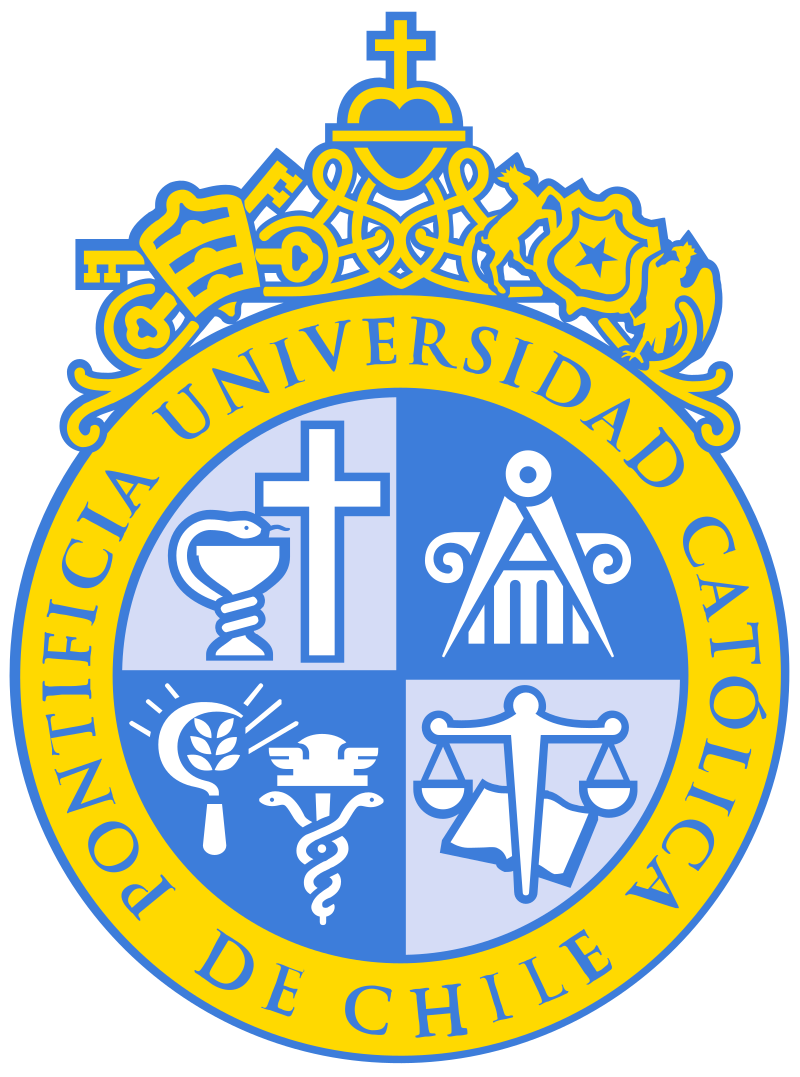Program Description
The Bachelor's degree in Education is designed to prepare students for a rewarding career in teaching and educational leadership. This comprehensive program combines theoretical knowledge with practical experience, emphasizing pedagogical strategies, classroom management, and educational psychology.
Students are equipped to foster inclusive learning environments that cater to diverse student needs and learning styles. Through a blend of coursework, field observations, and student teaching experiences, graduates emerge as educators ready to make a lasting impact in the field of education.
Key Skills
- Pedagogical Expertise: Understanding and applying effective teaching strategies that enhance student learning.
- Classroom Management: Creating and maintaining a conducive learning environment.
- Curriculum Development: Designing, evaluating, and implementing curriculum plans that meet educational standards.
- Assessment and Evaluation: Employing various assessment tools to monitor and promote student progress.
- Inclusive Education: Adapting teaching methods to accommodate students with diverse backgrounds and learning needs.
- Communication: Effective communication with students, parents, and colleagues to support student success.
Specialization
I specialized in Science Education with an emphasis on Physics, and further honed my focus in Edumetrics, leveraging my specialized background in data analytics and machine learning.
Tools & Technologies
- Educational Software
- Digital Media Tools
- Assessment Software
- Collaborative Platforms
Achievements
- Academic Excellence Scholarship Recipient: Earned a competitive scholarship for this program in Education, awarded in recognition of my outstanding academic performance during my Bachelor’s degree in Physics. This achievement not only highlights my dedication to academic excellence but also was a key requisite for admission into the advanced education program.
Course Work
First Semester Courses
- Adolescent Development and Educational Psychology: Explores the developmental stages of adolescents with an emphasis on educational implications and psychological theories, focusing on how these factors influence learning processes and classroom dynamics.
- Inclusive Classroom Management: Techniques and strategies for creating inclusive educational environments that cater to a diverse student body, emphasizing the management of classrooms to support all students' learning needs.
- Curriculum Development and Design: Principles and practices involved in designing and implementing effective curricula in schools, covering the development, evaluation, and revision of curriculum to meet educational standards and students' needs.
- Assessment Strategies in Secondary Education: Focuses on developing and applying various assessment methods to monitor and enhance learning in secondary education, including both formative and summative assessment techniques.
- Science (Physics) Pedagogy I: Introduction to teaching methods specific to physics, emphasizing effective instruction with a focus on engaging and innovative instructional techniques for conveying complex scientific concepts.
- Field Experience in Education: Initial practical teaching experience, providing an opportunity to apply educational theories in classroom settings, and gain firsthand experience in lesson planning, delivery, and classroom management.
Second Semester Courses
- Sociology of Education: Examination of the relationship between education and societal structures, including discussions on equity, social justice, and the role of education in societal change.
- Ethics in Education: Exploration of ethical considerations and professional conduct for educators, focusing on the moral responsibilities of teachers and the ethical dimensions of teaching and learning.
- Educational Research Methods: Introduction to research methodologies in education, focusing on qualitative and quantitative approaches to educational research, data collection, and analysis.
- Science (Physics) Pedagogy II: Advanced study of physics teaching methods, building upon foundational pedagogical strategies and focusing on more sophisticated approaches to curriculum delivery and assessment in the scientific context.
- Student Teaching Practicum: Comprehensive student-teaching experience aimed at demonstrating teaching proficiency in a real-world educational environment, under the supervision of experienced educators.
- Educational Assessment and Evaluation (Edumetrics): Covers foundational and advanced concepts in educational measurement and evaluation, focusing on the application of these techniques to improve educational outcomes and inform instructional decisions.

